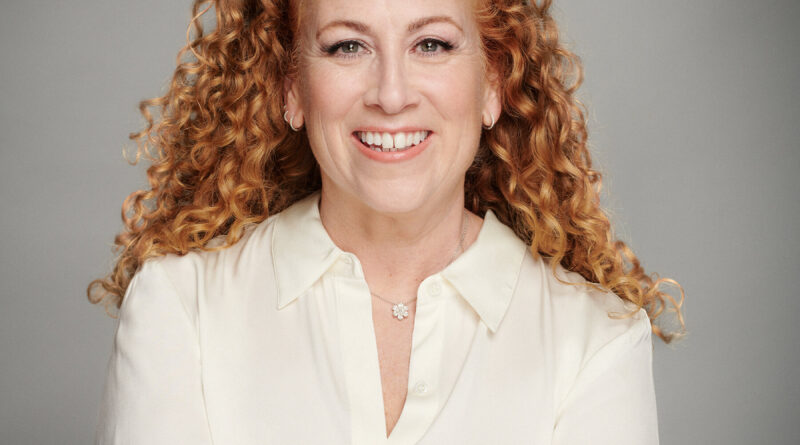“Being banned is not a badge of achievement,” said Jodi Picoult.
According to best-selling American author Jodi Picoult, “the loss of free expression is a very, very slippery slope” and “it is hardly a badge of glory” for school districts in several US states to have banned two of her books. When Picoult made this statement during her Hay Festival speech, she described herself as “very fortunate because I am at a place in my career when people who are going to be buying my books are not in school libraries.”
However, the author—who has penned 30 books and sold about 40 million copies—stated that younger writers, LGBTQ writers, and persons of color—those whose primary source of income is writing for middle grade and young adult readers—did not experience this. They are going through a lot of pain. Picoult said that the prohibitions had an impact on her books Nineteen Minutes and My Sister’s Keeper.
Nineteen Minutes
Books having explicit sexual content or themes of racism, gender identity, or sexuality have been removed from some US libraries and classrooms. There are many who disagree and think this is censorship. Certain state officials, like those in Florida, have declared that they are regulating improper and dangerous material instead of outright banning books. “I am currently prohibited in school districts in around 35 states in the United States,” Picoult said to the Hay audience.
They have no issue with it, he claimed, explaining why Nineteen Minutes, a film about a school shooting in the US, was not allowed to be viewed. The issue is that I use the word “erection” on page 313 of the document. “It simply makes me want to keep doing it (what I am doing),” she replied when asked whether it ever caused her to consider revising what she had written.
Picoult also talked about her forthcoming novel, By Any Other Name. This is not her first foray into historical fiction, but it is a parallel story about contemporary young playwright Melina Green, who is struggling to get her work recognised in New York, and her ancestor, Emilia Bassano, who may or may not have been the female writer behind Shakespeare’s work. “I feel like this is the book I have always wanted to write,” Picoult remarked.
In essence, the book explores how women’s circumstances have evolved and have not changed over the past 400 years. While Bassano was a real Elizabethan woman, Picoult’s book is obviously a work of fiction. By providing a number of possibilities that she discovered while conducting her research, Picoult does an excellent job persuading the Hay audience to at least entertain the possibility that Bassano actually wrote parts of Shakespeare’s works. It is a verifiable truth that in the early 1600s, Bassano (after known as Emilia Lanier) was among the first women to publish poetry in England.
Though Picoult is not convinced, there is another notion that she was the Dark Lady that appears in numerous sonnets written by the Bard. To be honest, I spent a lot of time researching this book. And I am not going to tell you what to believe; I am just going to give you the facts,” Picoult remarked. She went on to say that she believed Shakespeare’s plays were likely written by a number of people.
Academically frustrated
Picoult is well-known for her meticulous research. If she was an actor, she would definitely be an advocate of the method technique.
“Research for me is actually the most fun part of the book because I get to live other people’s lives,” she says.
“So I have done everything that you see in a book or everything a character does in a book.”
Living with an Amish family for Plain Truth and visiting Death Row for Change of Heart are two examples of this research. The latter, she claims, was the “most challenging… they worked so hard, I do not ever want to do that again!” This statement may surprise you. In contrast to many other writers, Picoult writes in a variety of genres, such as romance, thrillers, ghost stories, and historical fiction.
“I am really, really lucky. I can write about anything I want, and I somehow have readers who go: ‘Great!’ A lot of writers don’t have that luxury,” she says.
